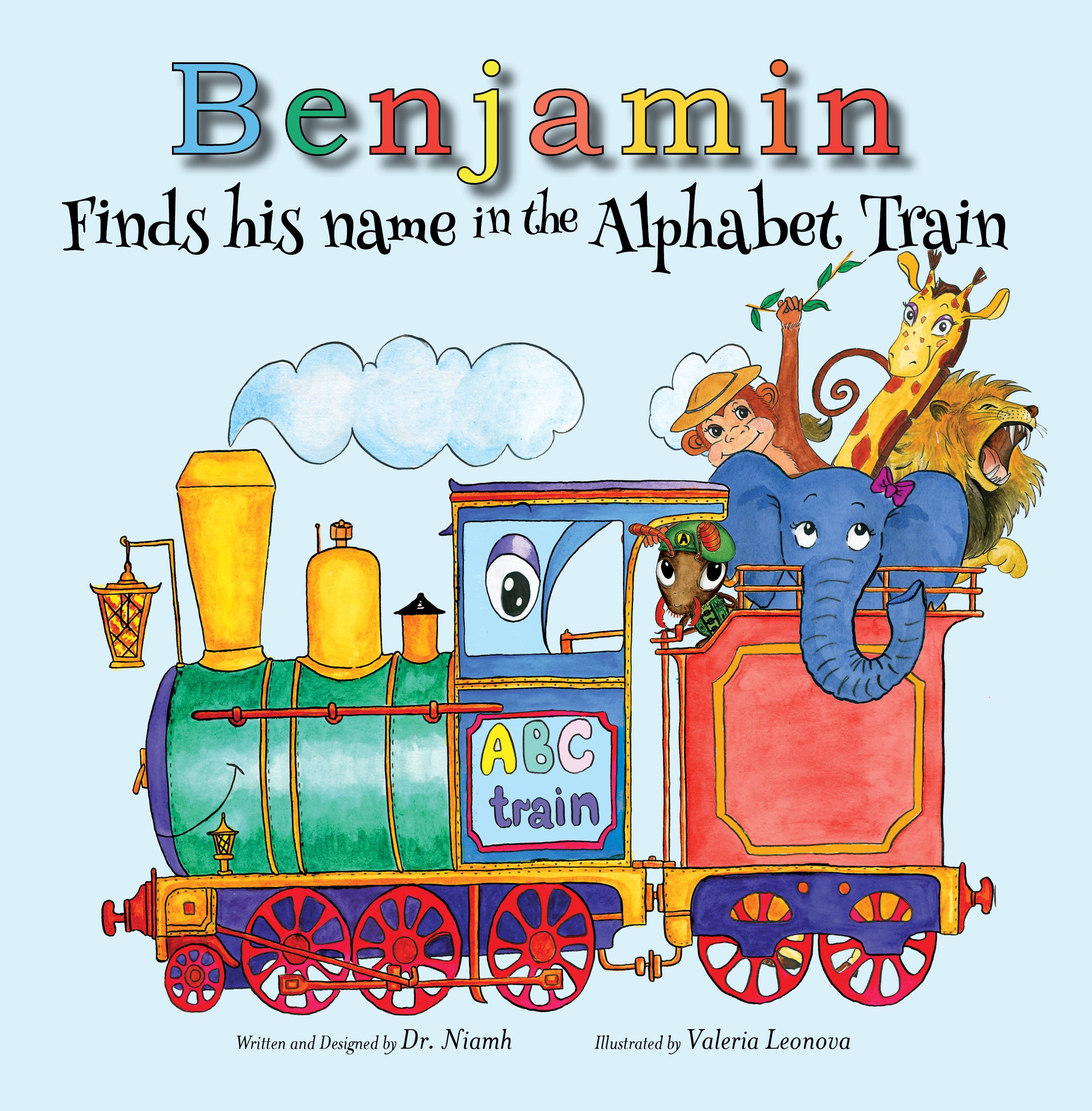Defining Metaphysical Literature! Do you read or write it?
Because I tend to read and to write metaphysical literature, I thought I would re-post this attempt at a definition.
The term, Metaphysical literature, originally referred to poetic works from the 17th century and defined intellectually challenging poetry. Striving to incorporate the incorporeal, the transcendent, the noumenal, the subject matter itself posed a problem and poses it still. According to philosophers such as Nietzsche and Kant, nothing can be known about noumenal reality, not even that it exists. Yet, throughout the ages, humankind has striven to express the notion of soul, the fervour and truth accompanying vision and revelation, the divinity that speaks from within.
Early metaphysical poets such as John Donne extended metaphors that compared very dissimilar things. This was to make us think, to try to express the paradoxical nature of all things metaphysical. After all, in the search for truth and meaning, a truth is only considered a truth if it expresses both opposites and everything in between. Such is the struggle of the writer of metaphysics who attempts to clothe philosophical ideas plucked from the ethers of universal thought.
T.S. Eliot is a fine example of a more modern metaphysical poet. He wrestles with noumenal experiences using extended metaphor, as the ‘Things of God’s cannot be known in any other way.
In terms of modern metaphysical literature, writers such as Paolo Coelho, Herman Hesse, and Jean Paul Sartre weave philosophical concepts into simple stories to which most can relate. These stories make us think. They make us question the meaning of life. They ask us to reach beyond the world of tangible reality and allow soul into life.
These days, modern metaphysical/visionary literature often crosses genres and enters into the little celebrated field of magic realism. In this genre, the supernatural is part of tangible reality; sprit and nature are interwoven, inseparable, and unquestioned, and the extraordinary is made ordinary. Metaphysical literature tells tales of the inner life. Usually these tales are told simply, in prose that reaches to express the beauty inherent in us and in the world about us. Its task is to give voice to soul and its yearning to transcend the suffering of everyday reality.
What is your favourite metaphysical literature? Do you read or write it?
About Dr Niamh Children's Books
26 comments on “Defining Metaphysical Literature! Do you read or write it?”
Leave a comment Cancel reply
Information
This entry was posted on January 9, 2012 by Dr Niamh Children's Books in Uncategorized and tagged Genres, Jean Paul Sartre, John Donne, literature, magic, magic realism, metaphysical, metaphysical literature, niamh Clune, noumenal, orange petals in a storm, Paolo Coelho, Plum Tree Books, poem, poetry, poets, T.S. Eliot, truth.Shortlink
https://wp.me/p1Tq2Q-6xNavigation
Categories
Amazon Books
Books
children's Book Sites
Plum Tree Sister Sites
Networked Blogs
| Blog: |
| On The Plum Tree |
Topics: |
| Poets, Books, Authors |




Thank you so much for this article! I’ve been trying to put a name to my sci-fi genre, now I can! It’s metaphysical sci-fi!
LikeLike
I think it is interesting the way genres morph and cross boundaries. This makes for a difficult task for authors these days to force their books into just one category.
LikeLike
I think the term metaphysical will scare some readers away, thinking it’s something it’s not. I also think the lines between metaphysical, supernatural and magical have blurred through the years and have become categorized with supernatural, sci-fi, and more recently paranormal. But you said it best in the last graph of this knowledgeable, timely blog.
I also find that many of today’s new writers do as Sartre and those others you mention: write simple stories with philosophy interwoven to make us think.
Thanks, Niamh, for making this clearer for us.
Hugs – Betty Dravis
LikeLike
You are right, Betty! I agree it scares some readers away. But there is no harm in our understanding what we mean by it. I realise the idea has morphed into other things…Weaving philosophy into simple stories is my personal preference.
LikeLike
Me too, (weaving philosophy into stories that is) which is why I checked out your book and bought it. Maybe is scares some readers away, but it should also help to find the readers who will really love your work. At least that’s what I’m hoping.
LikeLike
You are most welcome! Thank you!
LikeLike
I thank you for reading my book. Sometimes, it is really hard to know how to categorise something. And you are right! It can scare readers away using such a lofty term as, metaphysical.
LikeLike
I just finished Orange Petals in a storm and really enjoyed it. I’d call it magical realism, but it’s metaphysical as well. It’s similar to the style of my magical realism works. Though I’m not sure if you’d call them metaphysical. Maybe ‘You Can’t Shatter Me’ is. My other magical realism work, the short story, ‘A Hole in the Pavement ‘doesn’t have the supernatural element.
Mind you, my latest release, Lethal Inheritance is also being called magical realism by some. I call it metaphysical fantasy. More than one term can apply.
LikeLike
Thank you, Tahlia. I am so glad you enjoyed Orange Petals. Magic Realism seems to be popular in South America. We don’t have much of a history of it otherwise. And it does go deeper than pure fantasy, interweaving ancient wisdom teachings and spirituality. Perhaps we should do do something collectively to celebrate Magic Realism.
LikeLike
I admit I had to look up a couple words in the dictionary! But I enjoyed this post. It seems to me that there are varying degrees of things noumenal and metaphysical. Of all the writers mentioned in the article, I’ve read only Eliot, and just a little bit. (Isn’t “defining noumenal” an oxymoron?)
LikeLike
Defining noumenal might be an oxymoron, as perhaps noumenal reality doesn’t exist. But this is the challenge, I believe, to interweave it into a story so that it is part of everyday reality.
LikeLike
Love this post! Define the undefinable… it is fascinating to paint (or write) a beautiful story of one’s definitions of perceptions of reality as they see it to relate to others so it’s understood, enjoyed, and perhaps a lesson is gained. Whether it be actual circumstances as in non-fiction or fantasy of some sort (or both). Everything is mere perception and defined by the viewer- and that is ever-changing… I like using philosophy in my non-fiction writing as well intermingled with my own personal experiences and lessons learned as a teaching tool. It’s challenging to assert one’s opinion and personal experiences in non-fiction material; it’s like any situation where your points are arguable. There is a fine line with how much you should share and assert. My experience is to be authentic and suggest and recommend as opposed to stating absolutes and being “preachy.” No one likes a “know-it-all” but usually people appreciate a relatable, flawed person who comes across very genuine and expresses a humble, caring persona. I’ve learned from my book that it takes tough skin to be a published author of self-help, spiritual non-fiction, but I refuse to let the few critics silence my intended message: to help people. Usually, the critics are very wounded victims not ready for the message or just anti-religious types who are also wounded but angry at God. The whole point of a self-help book is to empower others to help themselves and relate to the audience and inspire change- to change their “noumenal perception…” and that is a challenge.
LikeLiked by 1 person
You’ve said it all, and it looks like the correct label to stick on my work. Thanks for the post. I’d like to reblog it on my Happy Honkers blog.
LikeLike
Pingback: Defining Metaphysical Literature! | Happy Honkers
Thank you for the reblog!
LikeLike
I’m loving the challenges presented here, Niamh.
Being original might be impossible –
but people can be (and are) often enough.
LikeLike
Yes, they can be, but maybe the original ones, just are…without choice.
LikeLike
Once again Niamh Clune has made a subject that is deep and complicated as Metaphysical Literature can be and clarified it in such a way that causes thought to occur in our own minds on why we feel about faith and eternity and the soul. Seeing through the eyes of the literary geniuses who presented the unknown in a receptively open and philosophical manner, that we think about something we may not have intended to do. Hesse is one of my favorite metaphysical literary authors. Siddhartha led me on that path of discovery of Buddha and spiritual thinking beyond the limitations of the Western philosophy. Thank you Niamh for a brilliant article. j.k. ps. reblogged this from happy honker to my blog then realized you originally published on yours. b.m.t. made this comment there and on reblog. Great Post!
LikeLike
Thank you, Secret Keeper. Siddhartha was one of the profound works of metaphysical literature that influenced me as a teenager.
LikeLike
I read it, sometimes write it (with a fantastical twist, of course). I think with the end of the 4th Mayan Age, we will all be heading into a more metaphysical existence. Personally, I’m looking forward to it. 🙂 Great piece, Niamh.
LikeLike
Thank you! And I love your fantastical twists. I think metaphysical literature has become bastardised. It is misunderstood and lumped in with New Age something or others. Or it is considered fantasy!
LikeLike
Ha! I don’t know. These days everything seems so much of a jumble. Magical realism, sci-fi, fantasy, all can have metaphysical elements–even be metaphysical to their core (ah, the joys of world building!). But then again, so much genre writing opts out of complex literary and philosophical challenges, settling for simpler (more commercial) formulas. Maybe we’ll have to start a metaphysical renaissance! Now, there’s a thought. >:-}
LikeLike
I dare you! I will join in! It needs to happen.
LikeLike
Oh dear, I think I put my foot in it…Will give it a think, for sure, though. Trouble is, I seldom plan ahead….:-|
LikeLike
Lol! Don’t worry, I won’t hold you to it!
LikeLike
Whew! 🙂
Have a great day!
LikeLike